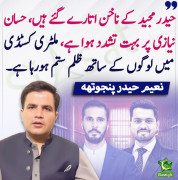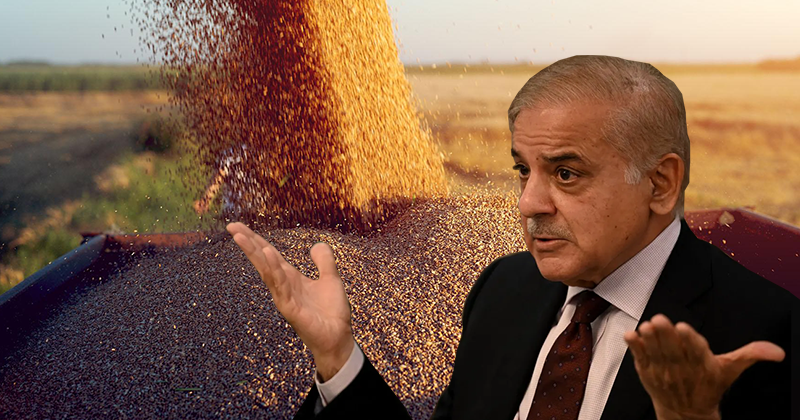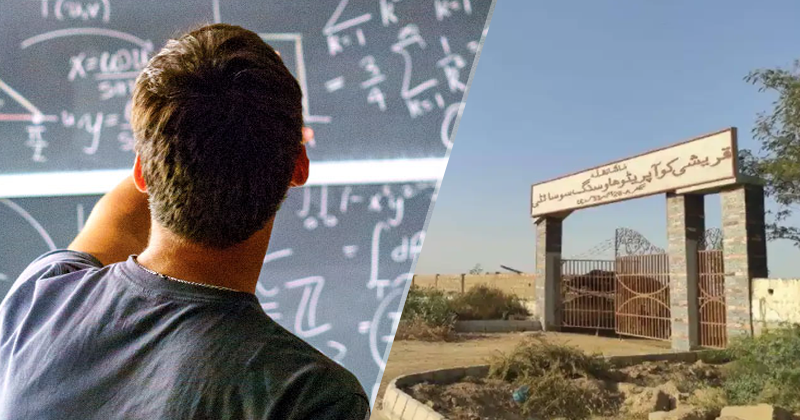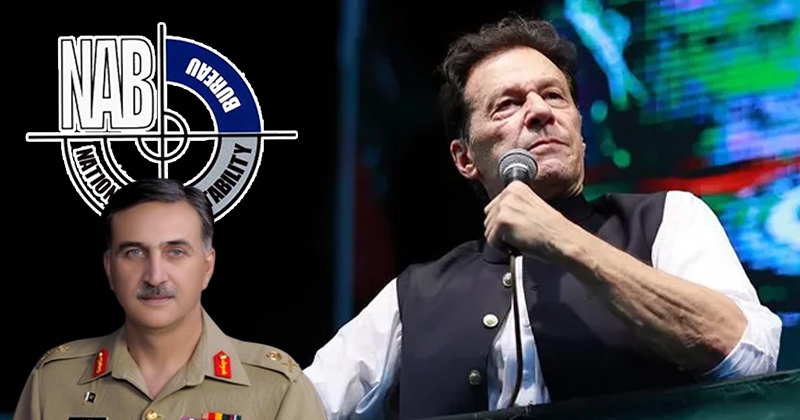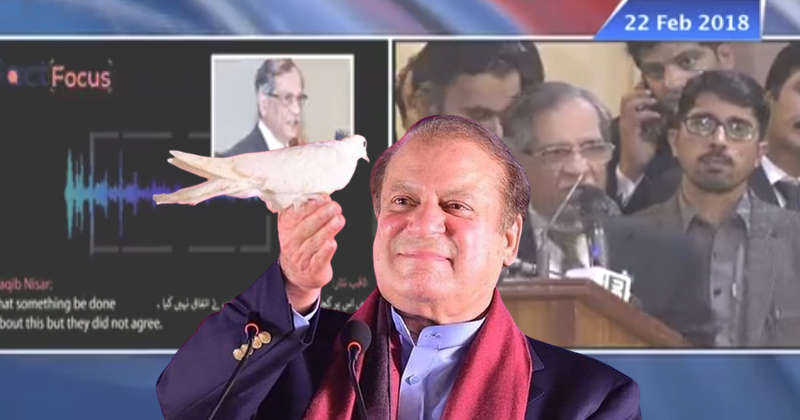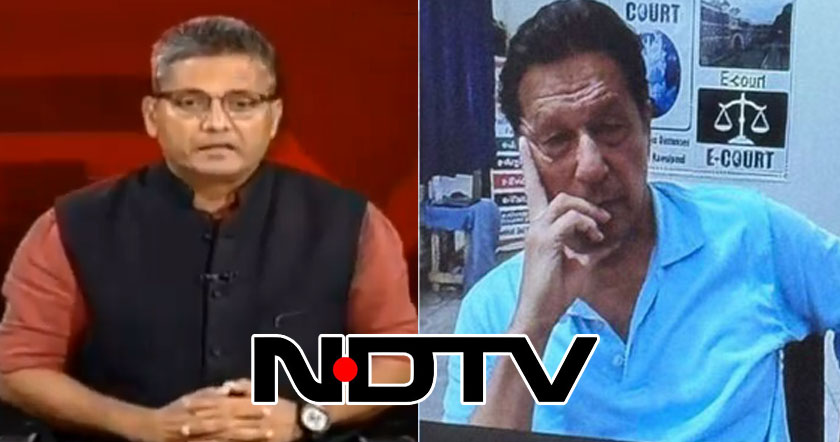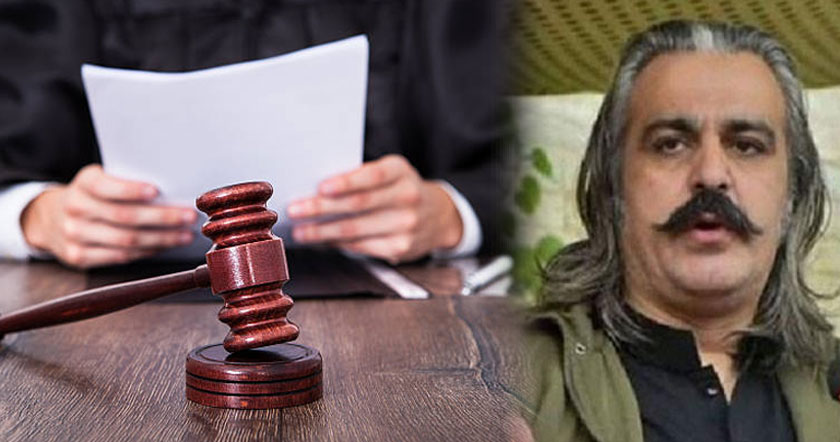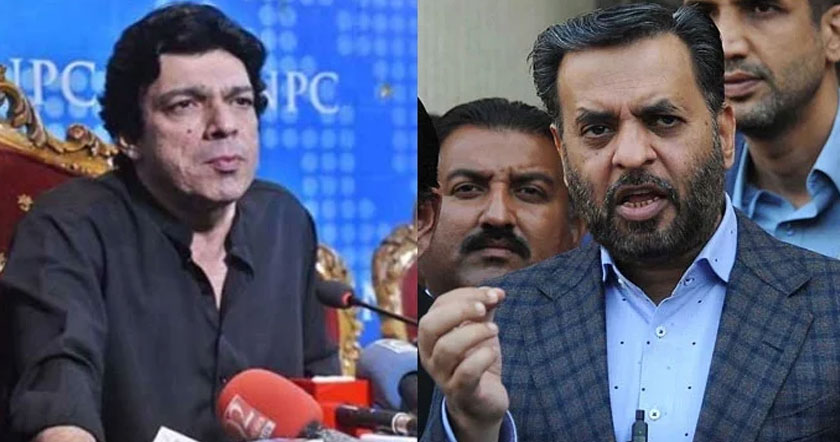Talks with Taliban underway: Britain
Updated at: 0448 PST, Friday, May 27, 2011
 ISLAMABAD: Britain’s Special Representative for Pakistan and Afghanistan Mark Sedwill has revealed that Karzai government is formally engaged in talks with Taliban, Geo News reported.
ISLAMABAD: Britain’s Special Representative for Pakistan and Afghanistan Mark Sedwill has revealed that Karzai government is formally engaged in talks with Taliban, Geo News reported.
Talking to senior journalists, Sedwill said that Pak-UK bilateral relations are strong, adding that these relations were further strengthening. He said that stable Afghanistan is in the best interest of Pakistan.
http://geo.tv/5-27-2011/81804.htm
US engaged in direct talks with Taliban: report
Updated at: 0759 PST, Friday, May 27, 2011
 WASHINGTON: American officials have met with a senior aide to the fugitive Taliban leader, Mullah Muhammad Omar, at least three times in recent months in the first direct exploratory peace talks, officials in the region said, a US paper claimed.
WASHINGTON: American officials have met with a senior aide to the fugitive Taliban leader, Mullah Muhammad Omar, at least three times in recent months in the first direct exploratory peace talks, officials in the region said, a US paper claimed.
The meetings have been facilitated by Germany and Qatar, but American officials have been present each time, meeting with Tayeb Agha, who is a close personal assistant to Mullah Omar, the officials said. The C.I.A. and the State Department have been involved in the meetings, one official said.
Talks have begun before the killing of Osama bin Laden on May 2.
The presence of Mr. Agha, a longtime personal assistant of the reclusive Taliban leader, is a sign that the Taliban are serious despite their public opposition to peace talks, the officials said.
Yet the senior Afghan official cautioned that the meetings might not represent much because Mr. Agha was known to be no longer particularly close to Mullah Omar. Mr. Agha was a much trusted personal assistant, answering phone calls and making appointments for Mullah Omar, for most of the Taliban’s time in power, from 1994 to 2001.
The meetings have been conducted without the participation of Pakistan.
Germany, which has troops in northern Afghanistan, has led the process with the Taliban and hosted some meetings, while Qatar has hosted another, according to the officials.
http://geo.tv/5-27-2011/81807.htm
Updated at: 0448 PST, Friday, May 27, 2011

Talking to senior journalists, Sedwill said that Pak-UK bilateral relations are strong, adding that these relations were further strengthening. He said that stable Afghanistan is in the best interest of Pakistan.
http://geo.tv/5-27-2011/81804.htm
US engaged in direct talks with Taliban: report
Updated at: 0759 PST, Friday, May 27, 2011

The meetings have been facilitated by Germany and Qatar, but American officials have been present each time, meeting with Tayeb Agha, who is a close personal assistant to Mullah Omar, the officials said. The C.I.A. and the State Department have been involved in the meetings, one official said.
Talks have begun before the killing of Osama bin Laden on May 2.
The presence of Mr. Agha, a longtime personal assistant of the reclusive Taliban leader, is a sign that the Taliban are serious despite their public opposition to peace talks, the officials said.
Yet the senior Afghan official cautioned that the meetings might not represent much because Mr. Agha was known to be no longer particularly close to Mullah Omar. Mr. Agha was a much trusted personal assistant, answering phone calls and making appointments for Mullah Omar, for most of the Taliban’s time in power, from 1994 to 2001.
The meetings have been conducted without the participation of Pakistan.
Germany, which has troops in northern Afghanistan, has led the process with the Taliban and hosted some meetings, while Qatar has hosted another, according to the officials.
http://geo.tv/5-27-2011/81807.htm


